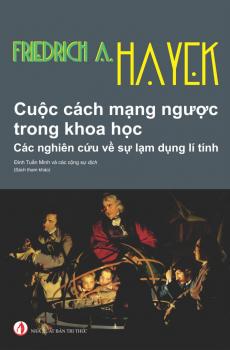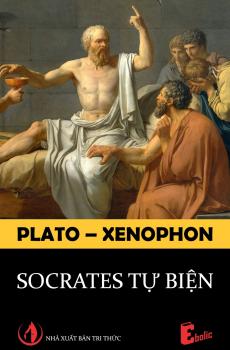Harvard Psychological Studies, Volume 1
Harvard Psychological Studies, Volume 1
Log in to download this book.
| Publisher | Chưa rõ |
|---|---|
| Accessible book producer | Public domain |
| Published year | 2005 |
| Coppy right | Chưa rõ |
The appearance of the HARVARD PSYCHOLOGICAL STUDIES does not indicate an internal change in the work of the Harvard Psychological Laboratory. But while up to this time the results of our investigations have been scattered in various places, and have often remained unpublished through lack of space, henceforth, we hope to have in these STUDIES the opportunity to publish the researches of the Harvard Laboratory more fully and in one place. Only contributions from members of the Harvard Psychological Laboratory will be printed in these volumes, which will appear at irregular intervals, and the contributions will represent only our experimental work; non-experimental papers will form an exception, as with the present volume, wherein only the last one of the sixteen papers belongs to theoretical psychology.
This first volume does not give account of all sides of our laboratory work. An essential part of the investigations every year has been the study of the active processes, such as attention, apperception, and volition. During the last year several papers from these fields have been completed, but we were unable to include them in this volume on account of the space limits; they are kept back for the second volume, in which accordingly the essays on the active functions will prevail, as those on perception, memory, and feeling prevail in this volume. It is thus clear that we aim to extend our experimental work over the whole field of psychology and to avoid one-sideness. Nevertheless there is no absence of unity in our work; it is not scattered work as might appear at a first glance; for while the choice of subjects is always made with relation to the special interests of the students, there is after all one central interest which unifies the work and has influenced the development of the whole laboratory during the years of my direction.
I have always believed—a view I have fully discussed in my 'Grundzüge der Psychologie'—that of the two great contending theories of modern psychology, neither the association theory nor the apperception theory is a satisfactory expression of facts, and that a synthesis of both which combines the advantages without the defects of either can be attained as soon as a psychophysical theory is developed which shall consider the central process in its dependence, not only upon the sensory, but also upon the motor excitement. This I call the action theory. In the service of this theory it is essential to study more fully the rôle of the centrifugal processes in mental life, and, although perhaps no single paper of this first volume appears to offer a direct discussion of this motor problem, it was my interest in this most general question which controlled the selection of all the particular problems.
This relation to the central problem of the rôle of centrifugal processes involves hardly any limitation as to the subject matter; plenty of problems offer themselves in almost every chapter of psychology, since no mental function is without relation to the centrifugal actions. Yet, it is unavoidable that certain groups of questions should predominate for a while. This volume indicates, for instance, that the æsthetic processes have attracted our attention in an especially high degree. But even if we abstract from their important relation to the motor functions, we have good reasons for turning to them, as the æsthetic feelings are of all feeling processes decidedly those which can be produced in the laboratory most purely; their disinterested character makes them more satisfactory for experimental study than any other feelings.
Another group of researches which predominates in our laboratory is that on comparative psychology. Three rooms of the laboratory are reserved for psychological experiments on animals, under the special charge of Dr. Yerkes. The work is strictly psychological, not vivisectional; and it is our special purpose to bring animal psychology more in contact with those methods which have found their development in the laboratories for human psychology. The use of the reaction-time method for the study of the frog, as described in the fifteenth paper, may stand as a typical illustration of our aim.
All the work of this volume has been done by well-trained post-graduate students, and, above all, such advanced students were not only the experimenters but also the only subjects. It is the rule of the laboratory that everyone who carries on a special research has to be a subject in several other investigations. The reporting experimenters take the responsibility for the theoretical views which they express. While I have proposed the subjects and methods for all the investigations, and while I can take the responsibility for the experiments which were carried on under my daily supervision, I have left fullest freedom to the authors in the expression of their views. My own views and my own conclusions from the experiments would not seldom be in contradiction with theirs, as the authors are sometimes also in contradiction with one another; but while I, of course, have taken part in frequent discussions during the work, in the completed papers my rôle has been merely that of editor, and I have nowhere added further comments.
In this work of editing I am under great obligation to Dr. Holt, the assistant of the laboratory, for his helpful coöperation.














